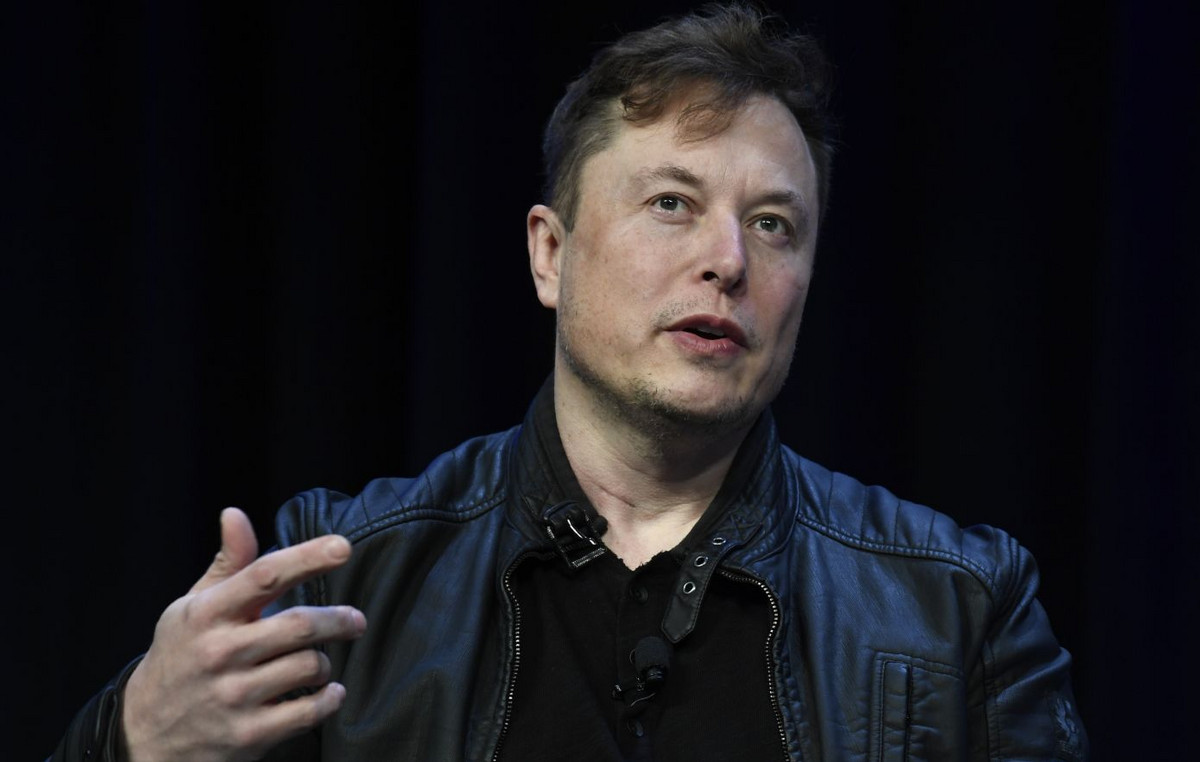Halki can be an example of a complete transition to green energy with the installation of Renewable Energy Sources, as well as in the digital age with new networks and digital applications that can directly improve the quality of life and the economic footprint in remote areas of the country.
“It is a given that there can be no green transition without the digital transition”, said to Capital.gr the president and CEO of Vodafone Greece, Haris Broumidis, from the island of Halki where the first project of the GR-Eco initiative was presented yesterday islands by Prime Minister Kyriakos Mitsotakis.
Vodafone participated in this pilot project by creating the digital infrastructure that supports the operation of the photovoltaic park that was installed on the island and which as announced during yesterday’s presentation will significantly reduce energy costs for residents and businesses of Halki.
This was done with the upgrade of the 5G connectivity and the implementation of public Wi-Fi in the public spaces of the settlement of Halki, but also the installation of modern networks in the photovoltaic park and the desalination unit of the island that make it possible to monitor and collect data in real time. It also provided Internet of Things (IoT) services to the municipality, offering better control and reduction of fuel consumption in its fleet, as well as the ability to monitor its vehicles in real time.
Halki can become a model of an interconnected community, not only at Greek but also at European level, but in order for other islands and settlements to follow, there must be continuity, according to Mr. Broumidis.
“It is extremely important to have measurable results. To have in a year from now specific indicators that reflect the reduction of energy consumption, saving money and improving services to citizens and society,” he told Capital.gr. “Only in this way can the appropriate programs be successfully designed for other remote areas of the country, but also to ensure the participation of the private sector in them,” he added.
New services in remote areas
The possibilities of upgraded connectivity are not limited to optimizing energy production and consumption, as shown by the applications presented yesterday, which can directly improve the quality of life of residents of remote areas of the country:
In Halki there is a doctor’s office with one doctor and two nurses, which means that many times the only doctor on the island has to consult a colleague with the relevant specialty. Through the telemedicine application and the digital medical case developed by Vodafone Innovus, the island doctor can send the test results and measurements (pressure levels, cardiogram, glucose levels, etc.) to have a complete picture by the respective doctor. At a later stage and as the capabilities of 5G expand, other tests, such as an ultrasound, can be performed remotely.
In addition, the High School and Lyceum of Halki are attended by 18 children who can now have a complete contact with new technologies and sciences, through the STEM laboratory created by the Vodafone Foundation. In a specially designed room equipped with laptops, virtual reality masks, 3D printer, digital microscopes and telescope, school children can acquire digital skills in practice, while the teleconferencing system also allows remote lecture or presentation by teachers and specialists located miles away from the island.
Opportunities and challenges
A recent study by the Vodafone group shows that 15% of the EU population lives mainly in rural areas and almost half of the houses in rural or remote areas do not have access to fast broadband, which contributes to a significant digital divide between urban and remote areas.
Inadequate broadband coverage means that peripheral communities do not have the necessary infrastructure to connect to the internet and access digital services. If this digital divide is not addressed, it will widen and people in remote areas will lag behind in an increasingly digital world, the study said.
More generally, the lack of connectivity in rural areas risks creating an ongoing digital divide. 42% of Europeans do not have basic digital skills and 37% of workers are digitally illiterate. Rural areas contribute disproportionately to these figures, as there is a greater likelihood of a lack of infrastructure allowing citizens to connect to the internet and access digital tools.
Poor connectivity makes it more difficult for rural businesses to connect with their customers and other parts of the value chain to leverage the Internet of Things productivity tools. It also makes it difficult for schools to teach digital skills and health professionals to exchange knowledge with headquarters.
“Improved next-generation network coverage in rural areas could help transform rural economies by allowing more distance work, attracting more paid workers who previously had to live in urban areas and helping to close the digital divide,” the study said. .
.
Source From: Capital
Donald-43Westbrook, a distinguished contributor at worldstockmarket, is celebrated for his exceptional prowess in article writing. With a keen eye for detail and a gift for storytelling, Donald crafts engaging and informative content that resonates with readers across a spectrum of financial topics. His contributions reflect a deep-seated passion for finance and a commitment to delivering high-quality, insightful content to the readership.







